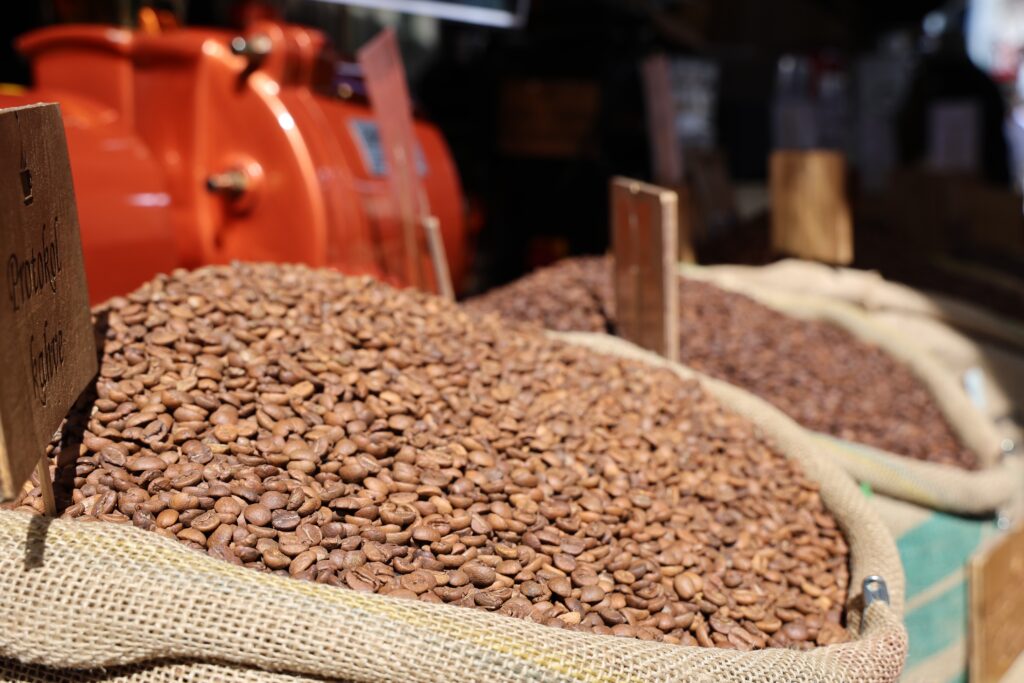The Irresistible Flavor After Iftar: ‘Coffee’

Despite not being a product grown in Turkey, coffee, famous worldwide for its preparation methods, has become an indispensable flavor after iftar. Fatih Tosun, a coffee shop owner, pointed out the popularity of this taste that has persisted from the Ottoman era to the present day, stating, “Our Turkish coffee, known as protocol coffee, is now preferred as much as tea after iftar.”
The coffee culture, extending from the Ottoman period to the present day, has become an indispensable flavor today. Creating different tastes according to regions, this flavor, although not grown in Turkey, is famous worldwide for its brewing method. Turkish coffee, consumed after iftar during the Ramadan month, has now become a more popular beverage than tea.
Fatih Tosun, a coffee seller at the Historical Bedesten Bazaar, stated, “Coffee has a strong relaxing effect. It is known as a blessing with abundant conversation among the people. After iftar, people demand either tea or coffee, especially in our city of Konya. Culturally, filter coffee, Turkish coffee, and stone mill coffee all relax people. Our protocol coffees, known as Turkish coffee, are now preferred as much as tea after iftar. They provide tranquility and alleviate the tiredness of the day, enhancing conversations. Our citizens are showing more interest in coffee culture. Previously, tea culture prevailed in our city of Konya, but now there is a significant coffee culture. Depending on the customers’ preferences, they buy coffee showcased here either for iftar or for later.”
“We mix coffee beans from 7 different varieties to make filter coffee.” Fatih Tosun, the coffee seller, mentioned that they have about 15 types of raw coffee beans at their workplace. He said, “Our protocol coffee, which is most preferred by our customers, is made from a soft-bodied coffee bean, namely, a Brazilian variety. It’s the most compatible with Turkish coffee. When 100 grams of coffee is purchased, it yields nearly 7 grams per cup. So, from 100 grams, we get about 12 cups of coffee, which amounts to 35 lira. We shouldn’t overlook the diversity of coffee beans; there are 41 varieties. Not all of them are compatible with Turkish coffee. We have Brazilian-origin beans that are compatible with Turkish coffee. We also have Robusto coffee from India. Although Robusto coffee is a bit cheaper mathematically, some vendors sell it because of its price, but Turkish coffee cannot be made from Robusto coffee. Robusto coffee is used in espresso and filter coffee, where 10 to 20 percent is discarded to create foam. Otherwise, it will taste flat, almost woody, and you won’t be able to taste the coffee flavor. If you want good coffee beans, it’s recommended to buy them from reputable sources, and the most popular type in Turkey is reanamas coffee beans. Besides that, we also have Colombian, Ethiopian, Tanzanian, Santos, Moku, and Sindu varieties here, which we use for filter coffee. So, we mix coffee beans from 7 different varieties to make filter coffee.”







